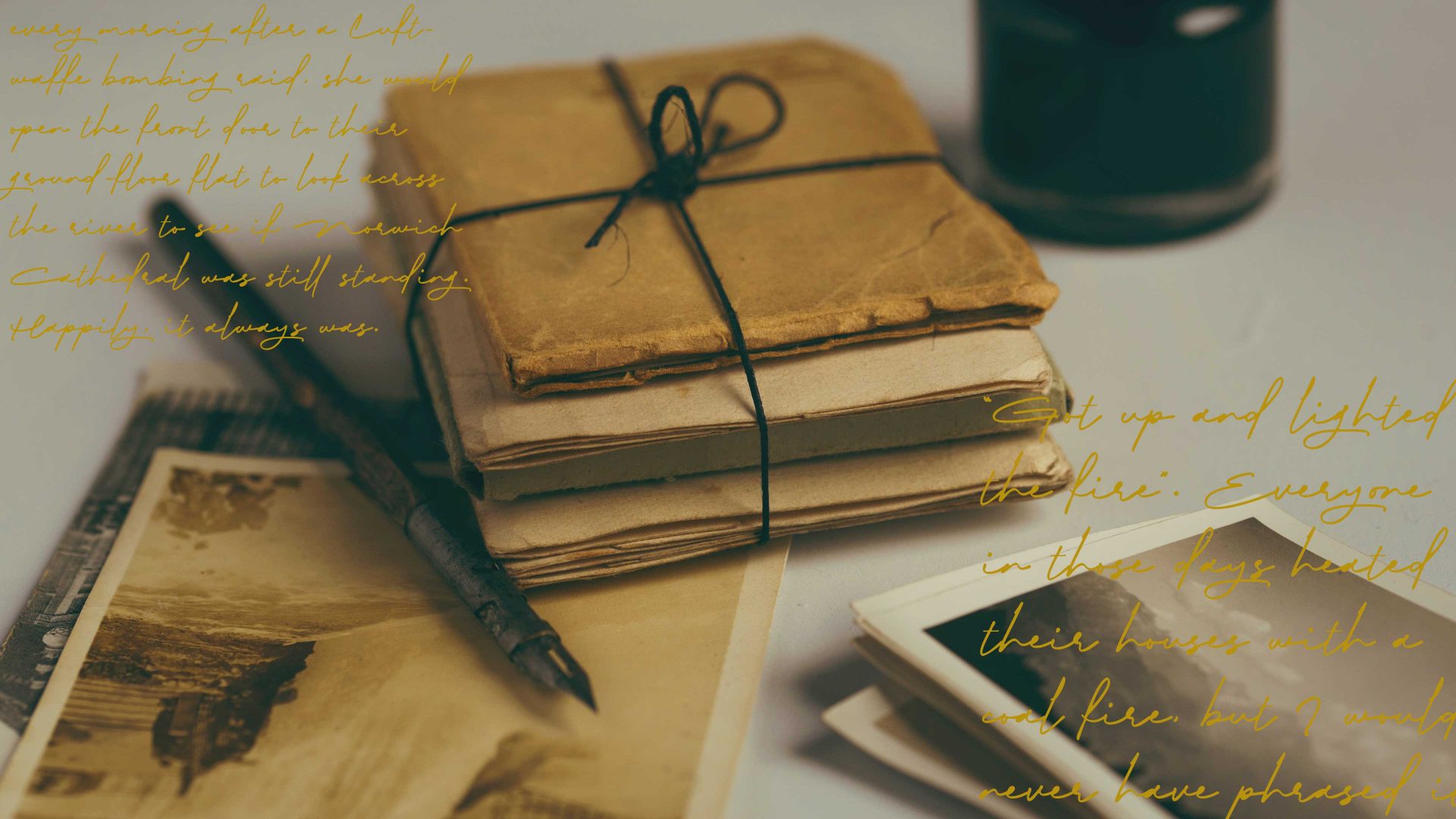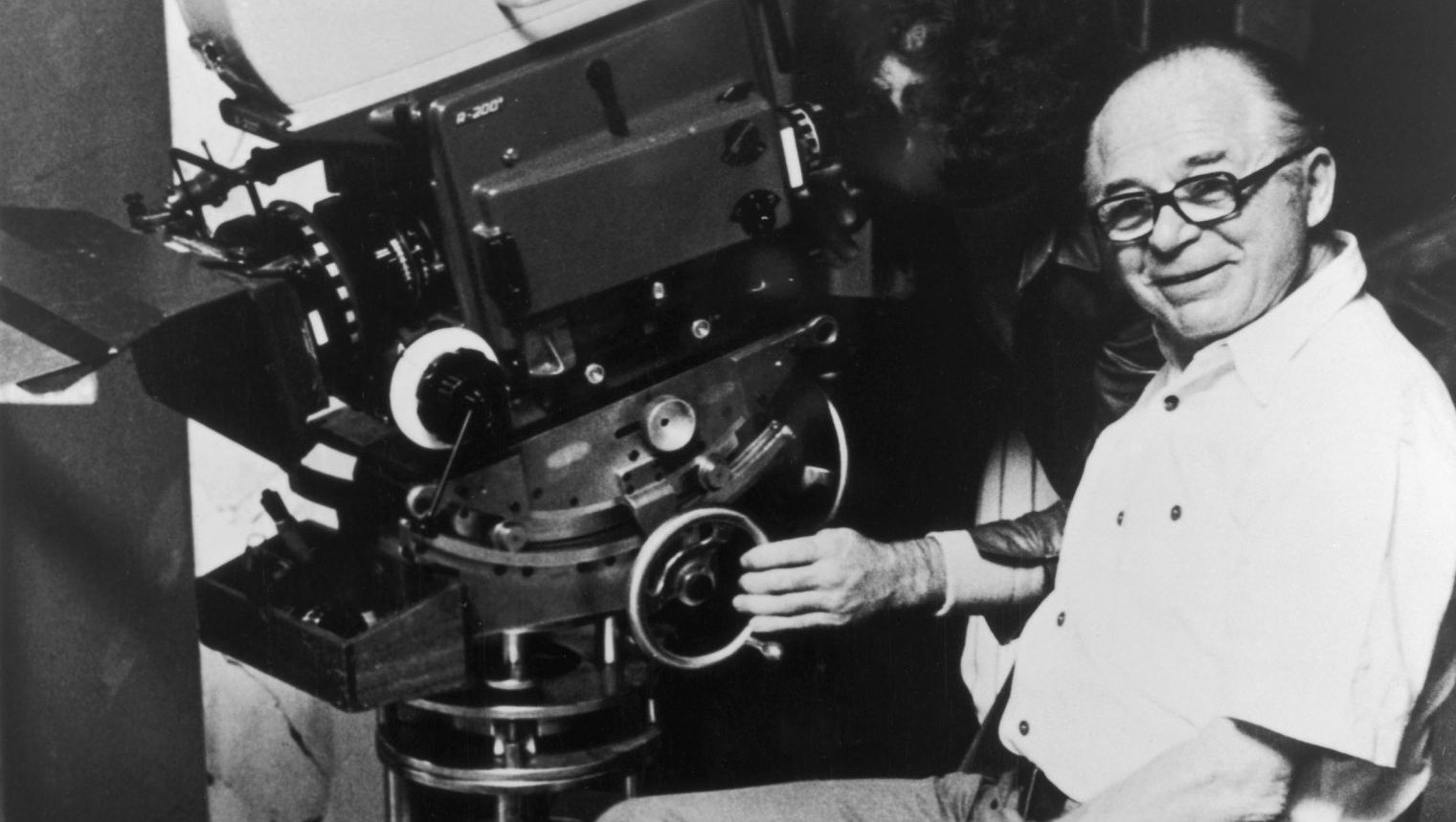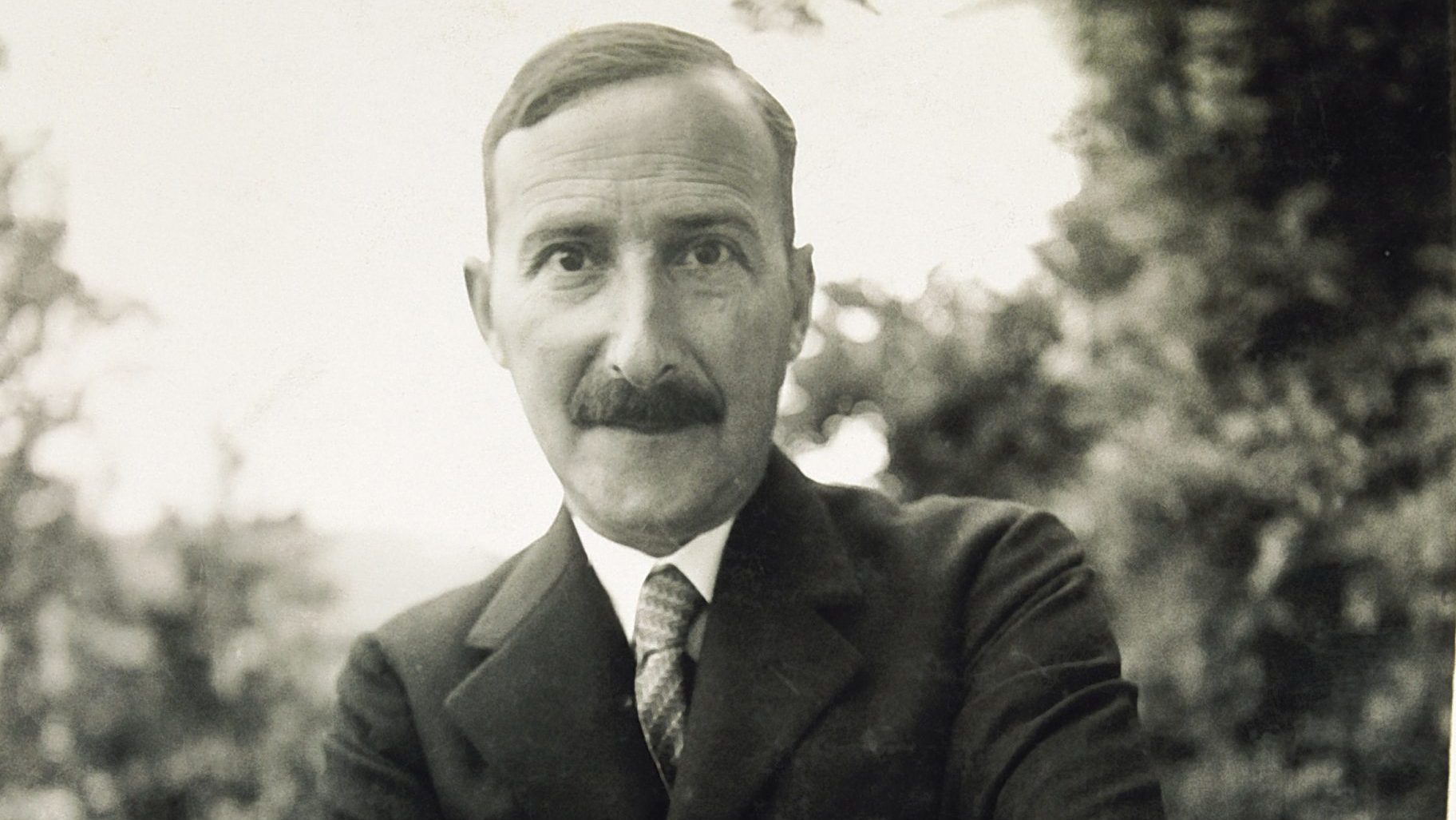My mother was a north Norfolk country girl, born in 1918 in a village a couple of miles inland from the North Sea coast. She left school at the age of 14, but for the rest of her life, she continued to educate herself, partly with the help of my father, who was a working-class city boy.
His socialist family were very keen on the idea that working-class people should be educated, and they were very eager that everyone should be able to pursue interests in art, literature, history and classical music. So by the time my mother reached adulthood, she had amassed a considerable amount of knowledge and wrote English very well.
Starting in the 1930s, she kept a diary every day until she died in 2013, when dementia sadly brought her last daily entry to a halt halfway through a paragraph. Among the most fascinating of her diaries are those from the second world war, with the descriptions of the Blitz in particular being among the most compelling.
It is moving to read her accounts of how, every morning after a Luftwaffe bombing raid, she would open the front door to their ground-floor flat to look across the river to see if Norwich Cathedral was still standing. Happily, it always was.
There are also many items of linguistic interest in her texts, including indications as to some of the ways in which the English language has changed over the past 90 years.
One thing that really jumped out of her pages at me was that my mother wrote on more than one occasion: “Got up and lighted the fire”. Everyone in those days heated their houses with a coal fire, but I would never have phrased it that way myself, finding “lit the fire” much more natural than “lighted”. Of course, my mother was not alone at that time in using this verb form. Just one example: in Agatha Christie’s 1923 story The Double Clue, she writes that “the Countess had lighted a cigarette”.
English has two main classes of verb: regular and irregular. Regular verbs are those where the past-tense form is arrived at simply by adding -ed to the stem: loved, worked, wanted. Irregular verbs are more complicated: write-wrote-written, ring-rang-rung, buy-bought, send-sent, find-found. For the last thousand years, there has been a gradual trend for irregular English verbs to become regular, and indeed for regularisation to set in generally. The past tense of help used to be holp, but now it is helped. The irregular plural noun kine has been replaced by the regular form cows.
What is interesting about to light, then, is that what appears to be the older regular form – lighted – has been ousted by irregular lit. The reference works say that today lighted is a little more formal, though both forms are widely accepted, with lit being more commonly used in current English.
Perhaps the correct conclusion to draw from this is that linguistic change is a complex process; that we can never predict exactly what is going to happen; and that apparent historical trends, like the one towards regularisation, can be reversed.
But in any case, my mother’s diaries are a valuable linguistic and historical resource – even if some of them were written while sheltering in a cupboard under the stairs.




